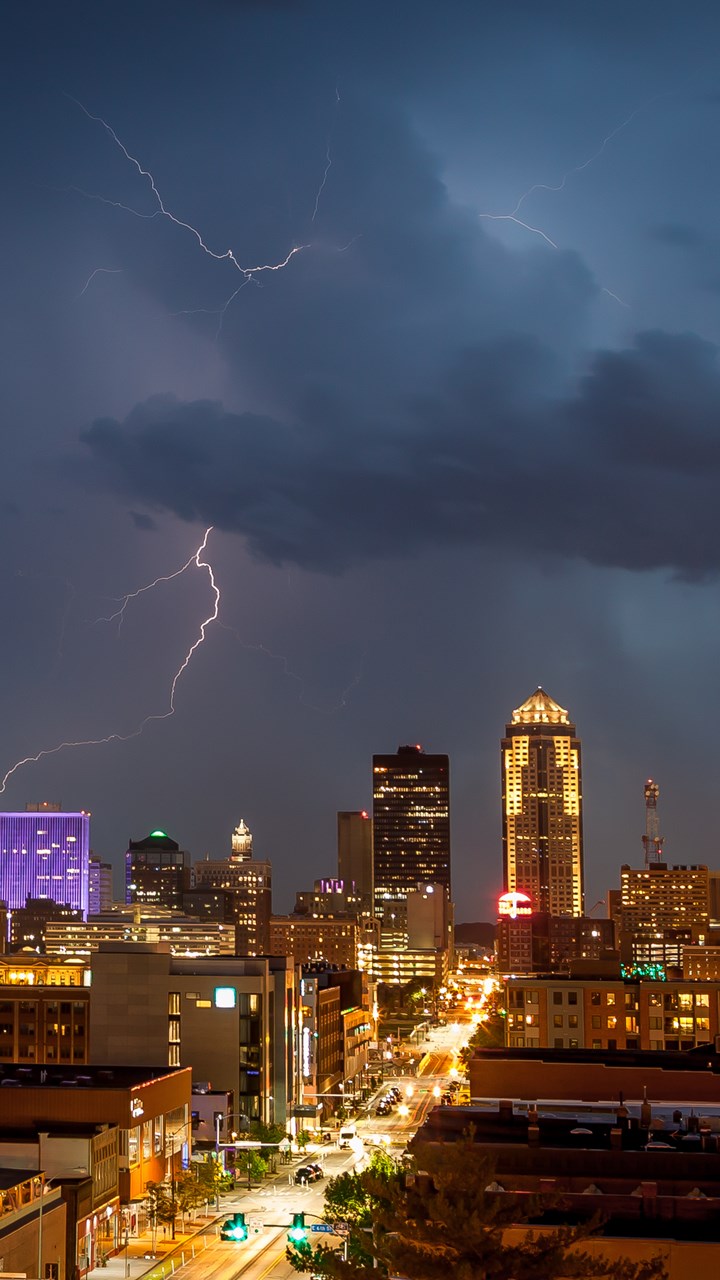- Be Informed
- 911
- Agriculture and Farm Operations
- Air Travelers
- Biological Threats
- Blizzards
- Bomb Threats
- Bus Travelers
- Business Community
- Carbon Monoxide
- Chemical Threats
- Clean Air
- Coping with Emergencies
- Cyber Attacks
- Donations
- Evacuation
- Extreme Cold
- Extreme Heat
- Financial Institutions
- Fires
- Flood Insurance Program
- Flooding
- Flooding - Living Behind a Levee
- Forms of Communication
- General Aviation
- Hail
- High-Rise Buildings
- Hobby Shops
- Home Safety
- Hotels and Motels
- Household Chemicals
- In a Moving Car
- Influenza Pandemics
- Multi-Family Dwellings
- Nuclear Threats
- Power Outages
- Radiation Threats
- Retail Stores
- Shelter In Place
- Storage and Warehouse Facilities
- Suspicious Packages
- Terrorism
- Thunderstorms
- Tornados
- Utilities
- Warning Sirens
- Winter Driving
- Winter Weather
- Be Informed
- 911
- Agriculture and Farm Operations
- Air Travelers
- Biological Threats
- Blizzards
- Bomb Threats
- Bus Travelers
- Business Community
- Carbon Monoxide
- Chemical Threats
- Clean Air
- Coping with Emergencies
- Cyber Attacks
- Donations
- Evacuation
- Extreme Cold
- Extreme Heat
- Financial Institutions
- Fires
- Flood Insurance Program
- Flooding
- Flooding - Living Behind a Levee
- Forms of Communication
- General Aviation
- Hail
- High-Rise Buildings
- Hobby Shops
- Home Safety
- Hotels and Motels
- Household Chemicals
- In a Moving Car
- Influenza Pandemics
- Multi-Family Dwellings
- Nuclear Threats
- Power Outages
- Radiation Threats
- Retail Stores
- Shelter In Place
- Storage and Warehouse Facilities
- Suspicious Packages
- Terrorism
- Thunderstorms
- Tornados
- Utilities
- Warning Sirens
- Winter Driving
- Winter Weather
Power Outages

Power outages are relatively common and can occur at anytime. Power outages can pose serious problems, particularly for those using life-sustaining equipment (LSE), or during extreme temperatures.
If you lose electrical service follow these tips:
- Call your utility first to determine area repair schedules. Turn off or unplug lights and appliances to prevent a circuit overload when service is restored. Leave one light on to indicate power has been restored.
- To help prevent freezing pipes during cold weather, turn on faucets slightly. Running water will not freeze as quickly.
- Protect yourself from carbon monoxide poisoning:
- DO NOT operate generators indoors; the motor emits deadly carbon monoxide gas.
- DO NOT use charcoal to cook indoors. It, too, can cause a buildup of carbon monoxide gas.
- DO NOT use your gas oven to heat your home – prolonged use of an open oven in a closed house can create carbon monoxide gas.
- Make sure fuel space heaters are used with proper ventilation.
- Keep refrigerator and freezer doors closed as much as possible to help reduce food spoilage.
